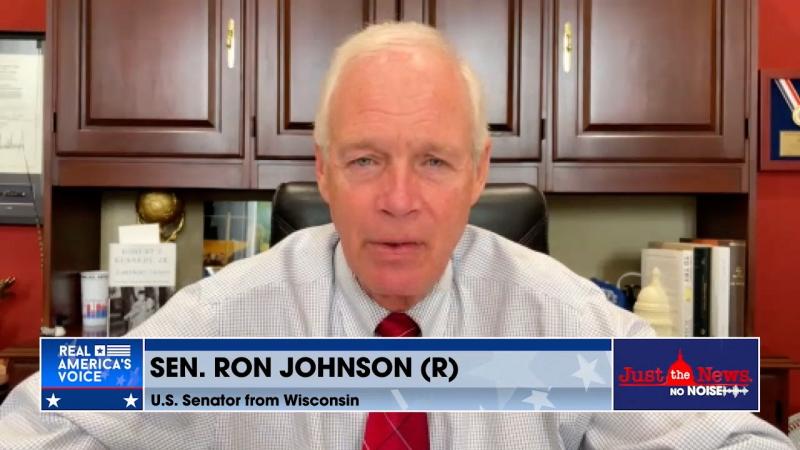Commerce Secretary: Workers laid off by COVID-19 need retraining as 'nature of work' changes
"Some people have been displaced, and some of the industries may not recover as rapidly as others," Wilbur Ross said, citing the airline and hotel industries as examples. "So they may need retraining."
Acknowledging that the economic fallout from COVID-19 could mean some service-sector jobs will be permanently lost, Commerce Secretary Wilbur Ross told Just the News that workers laid off by the pandemic need retraining, as the "nature of work is starting to change."
In the age of the COVID-19 economy, the White House says it's now seeking to expand programs that educate, train, and reskill American workers from high-school age to near-retirement. While the pandemic temporarily disrupted the livelihoods of American workers and businesses in unprecedented ways, workers and employers are finding new ways to adapt.
"There are going to be a lot of changes, the nature of work is starting to change," Ross, a successful businessman, said in an interview Wednesday. "More and more companies are finding that to the degree that it lends itself to working at home, remote work works pretty well. It's pretty efficient. The employees like it, the very many good things that come from it. But again, that's only for certain sets of skills that adapt themselves to remote working."
In July 2018, Trump signed an Executive Order establishing the National Council for the American Worker and charged it with developing a national strategy for training and retraining the workers needed across high-demand industries. The council, led by Ross, Labor Secretary Eugene Scalia, and Ivanka Trump, created a "Pledge To America's Workers," which currently has 440 signatories and touts more than 16.3 million education and training opportunities.
Ross and the council on Wednesday hosted an award ceremony recognizing outstanding contributions to the Pledge to America's Workers. Awardees included: American Hotel & Lodging Association, Associated Builders and Contractors, Lockheed Martin Corporation, National Retail Federation, Northrop Grumman Corporation and Volkswagen Group of America.
Trump officials noted that throughout President Trump's first three years in office, the United States witnessed historic economic expansion, with the unemployment rate falling to its lowest level on record for many demographic groups, and companies often struggling to find workers to fill open positions. New data released last week by the U.S. Census Bureau showed record income gains and historic low poverty in 2019, along with record highs in median income for women, as well as in median household incomes for African-Americans, Hispanics, and Asian-Americans.
"The minority groups are very heavily employed in service industries, and service industries benefit very much from consumption from ordinary people buying things in stores, using services of others," said Ross. "So it's natural that as the economy under President Trump has been booming those sectors would go very well, because the consumer is around 70% of our economy. Consumer incomes in general have been very, very strong — including women, including minorities, including veterans, including handicapped, including everything. So it's natural that all groups would benefit, and that was very much President Trump's objective with all the programs that he put into effect."
However, those positive trends were stunted by the COVID-19 economic shutdown, and Ross said the economic shifts could be permanent in some sectors as Americans take fewer business trips and cook more meals at home.
"Some people have been displaced," Ross said. "And some of the industries may not recover as rapidly as others. So they may need retraining. Take the airline industry and hotel industry as examples. They're operating at very, very low percentages of capacity, therefore, the vast majority of their employees are out of work. So those are groups of people — in restaurants as well — who really need some help, probably need retraining, in order to find a job elsewhere."
















